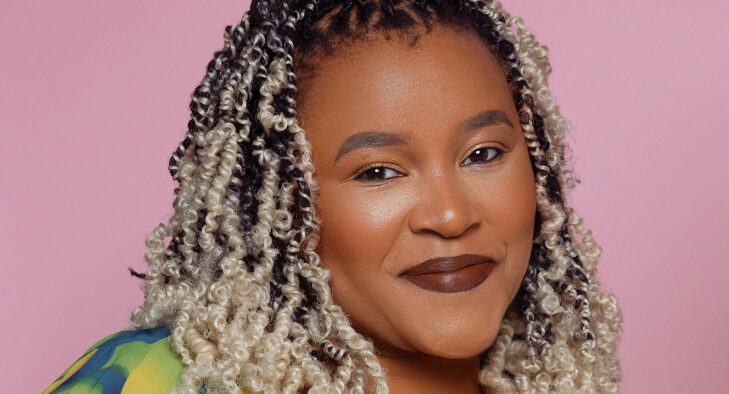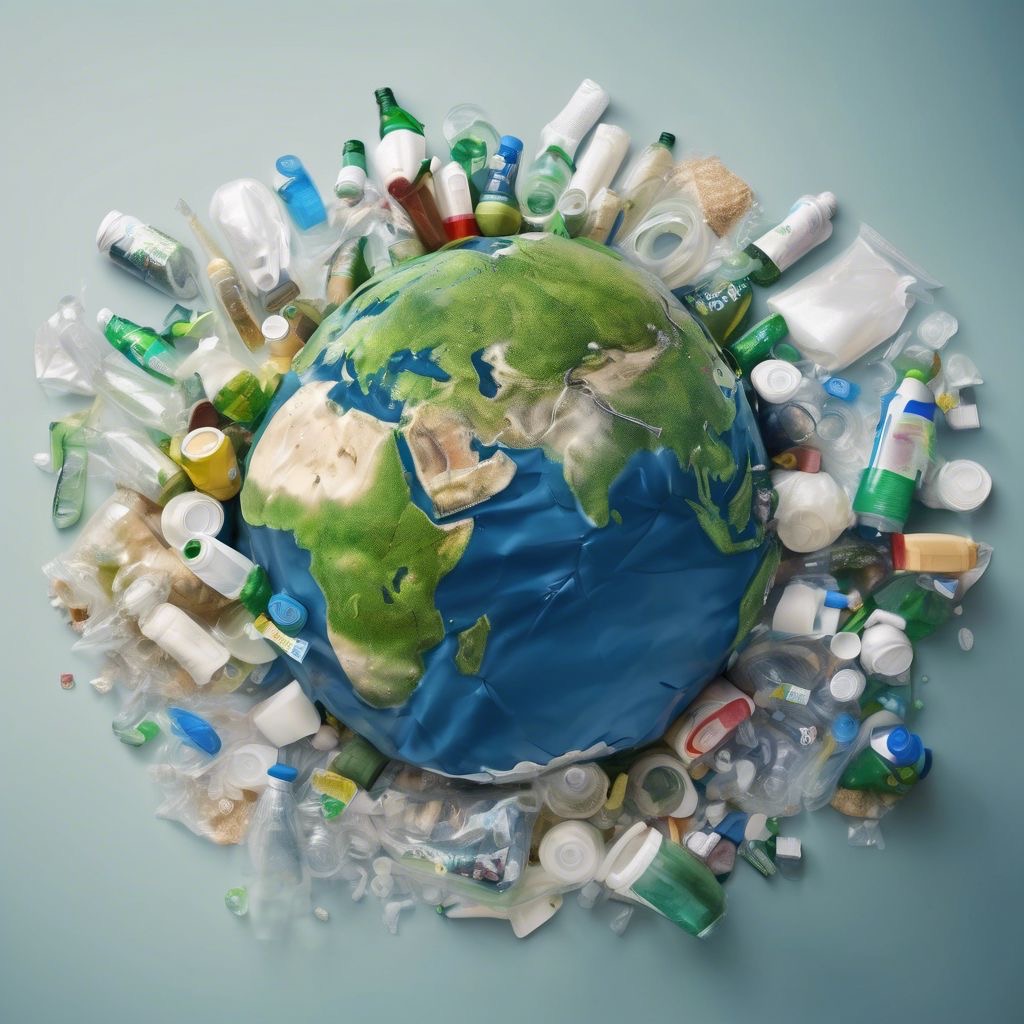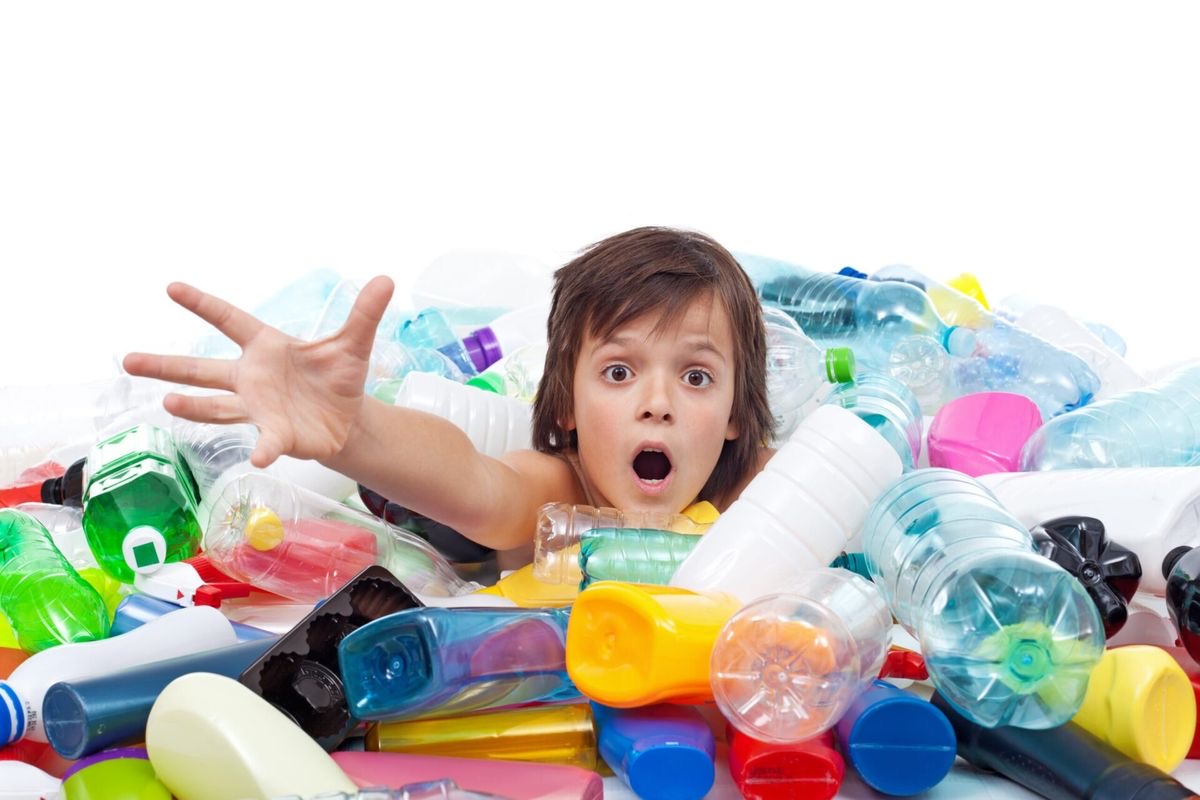What Ntombenhle Khathwane Wants Every Parent to Know About Product Toxicity
Share

As parents, we go above and beyond to give our children the best, from nutritious meals to soft blankets and bedtime snuggles. But what happens when the very products we trust to care for our babies are doing more harm than good?
In this eye-opening conversation, Batswadi sits down with Ntombenhle Khathwane, founder of AfroBotanics and a passionate advocate for holistic wellbeing, to uncover the hidden toxins in baby care items and everyday essentials. From plastic bottles to fragranced lotions and synthetic fabrics, Ntombenhle shares practical advice to help parents create safer, healthier environments for their little ones, because protecting our children starts with informed choices.
The Hidden Dangers in Everyday Baby Products
Batswadi: Many parents assume that if a product is on the market, it must be safe. What are some of the most harmful ingredients commonly found in baby products?
Ntombenhle Khathwane: That’s one of the biggest misconceptions. Unfortunately, the regulatory environment doesn’t always prioritize long-term health over industry profits. In South Africa the regulation is much more lax compared to markets like the EU for example. Many baby care products—whether it’s hair and body care, fragrances, or cleaning products—contain toxic chemicals like parabens, phthalates, sulphates, and synthetic fragrances. These chemicals have been linked to hormone disruption, allergies, respiratory issues, and even long-term developmental problems.
For example, baby shampoos and lotions often contain endocrine disruptors like phthalates and parabens, which interfere with hormonal balance. Synthetic fragrances, found in lotions, wipes, and detergents, contain volatile organic compounds (VOCs) that can trigger allergies and respiratory issues in babies, whose lungs are still developing.
Even something as seemingly harmless as baby powder has been linked to health risks—talc-based powders, for instance, have been associated with respiratory issues and, in some cases, asbestos contamination, which is a known carcinogen.

Ntombenhle Khathwane | Supplied
The Truth About Plastics in Baby Products and Clothing
Batswadi: We’re seeing a lot of baby products made from plastics—clothing, bottles, and even bedding. Can you talk about the risks associated with this?
Ntombenhle Khathwane: Absolutely. Plastics have become so integrated into our lives that we barely question their impact. Many baby products, from bottles to pacifiers and even clothes made from synthetic fibres like polyester, nylon, and acrylic, come from the same source—petrochemicals, or in simple terms, oil.
When babies wear polyester clothing, they’re essentially wrapped in a material made from plastic. Synthetic fabrics release microplastics, which not only irritate the skin but also interfere with the body’s natural detoxification processes. Studies show that synthetic fibers shed microplastics into the air, which we breathe in, and these particles can enter the bloodstream.
The same goes for plastic baby bottles. When you pour warm formula or milk into a plastic bottle, it can release Bisphenol A (BPA) or similar chemicals, which mimic estrogen and interfere with the body’s natural hormonal balance. Even BPA-free plastics contain other harmful compounds.
A Historical Perspective: How Plastics and the Oil Industry Have Harmed Us
Batswadi: You’ve spoken about the historical perspective of innovations that were once considered revolutionary but have since been revealed to be harmful. Can you expand on that?
Ntombenhle Khathwane: Of course. Let’s take plastic as an example. When plastics were first introduced in the early 20th century, they were seen as a breakthrough—strong, flexible, and cheap materials that revolutionized industries from packaging to clothing and home goods. By the 1950s and ’60s, the oil industry realized that plastic production could be a second revenue stream beyond fuel, so they pushed its mass adoption.
What we didn’t understand at the time was that these same plastic-based products would come back to haunt us. Plastics do not decompose; they break down into microplastics, polluting our water, soil, and air. These particles have been found in human placentas, meaning babies are exposed even before birth.
Meanwhile, the oil industry continues to profit from plastic production while we, as consumers, bear the health consequences—higher cancer rates, fertility issues, and immune system disorders. And the environmental cost is staggering: oceans filled with plastic waste, soil contamination, and toxic emissions from burning plastic waste.

Aromatherapy, Candles, and Fragrances—Are They Safe for Babies?
Batswadi: Many parents love using scented candles, room sprays, and essential oils around their babies. Are these products safe?
Ntombenhle Khathwane: That depends on the type of fragrance being used. Many scented candles and room sprays contain synthetic fragrance oils, which release formaldehyde, benzene, and toluene—chemicals linked to respiratory issues and even neurodevelopmental disorders.
Even some essential oils can be problematic. While natural, essential oils are highly concentrated and can be too strong for babies. For example, eucalyptus and peppermint oils, while great for adults, can cause breathing difficulties in infants. Parents should always use baby-safe essential oils like lavender, chamomile, and mandarin in well-ventilated areas.
The best approach is non-toxic beeswax or soy candles scented with pure essential oils, and opting for natural linen sprays instead of synthetic air fresheners.

How Can Parents Reduce Toxic Exposure for Their Babies?
Batswadi: What are some practical steps parents can take to create a healthier environment for their babies?
Ntombenhle Khathwane: It starts with awareness and making informed choices. Here are a few key steps:
Final Thoughts: Creating a Safer Future
Batswadi: You’ve given us a lot to think about. What is your final message to parents about product toxicity and the wellbeing of their children?
Ntombenhle Khathwane: My message is that we have more control than we think. While the industry is slow to change, we, as consumers, have power. When we choose healthier products and demand transparency, brands will be forced to adapt. Investing in a healthy body starts from decisions we make for our babies, because most of the chemicals are silent killers that compound over decades to cause long-term diseases.
We also need to shift our mindset—wellbeing isn’t just about what we eat, but also what we put on our skin, what we breathe in, and what we expose our children to daily. By making small, conscious choices, we’re not just protecting our babies—we’re ensuring a healthier future for generations to come.
Batswadi: That’s a powerful message, Ntombenhle. Thank you so much for your insights and for leading this important conversation.
Ntombenhle Khathwane: Thank you. Every step toward safer, more natural living is a step toward true wellbeing.




